We are excited to invite you to participate online in the workshop “Opportunities for integrating African coastal carbon measurements into global observational networks”. This two-day hybrid workshop is organised by the KADI project Ocean pilot at the National Fisheries Research Institute, Casablanca, Morocco, 15 – 16 July 2025.
The workshop will bring together key regional stakeholder champions from various African countries, alongside KADI project experts, for scientific, strategic, and collaborative discussions.
This workshop, following the first edition held in South Africa in March 2024, aims to:
- Explore opportunities for integrating African coastal carbon measurements into global observation networks.
- Identify knowledge, infrastructure, and human capacity gaps.
- Discuss the creation of an African network dedicated to coastal carbon science and monitoring.
- Develop a roadmap to address the continent’s observation needs.
- Produce a summary report with key recommendations and next steps.
Click here for the full agenda and Zoom registration link.
If you have any questions about the workshop, please reach out to the workshop organiser Abdirahman M. Omar (abom@norceresearch.no), KADI Ocean pilot.
Confirmed speakers
Tommy Bornman, South African Environmental Observation Network (SAEON)
Prof Thomas Bornman is the manager of the Coastal Node of the South African Environmental Observation Network and the Shallow Marine and Coastal Research Infrastructure. He is a co-lead of the ocean pilot in the KADI project.
Fatima Zohra Bouthir, National Institute of Fisheries Research (INRH), Morocco.
Dr. Fatima Zohra Bouthir is a research scientist in biogeochemistry and environment. She holds a PhD in environmental chemistry, with a specialization in marine environment and impact assessment indicators. Currently, her work focuses on observations in the oceanic carbonate system in the Mediterranean and Atlantic Ocean regions of Morocco.
Magak Adell, Global Coast Pilot Sites, Kenya.
Magak Adell is a marine geologist and lead partner in the Global Coast Pilot Sites, Kenya. An initiative under the Ocean Decade Program CoastPredict.
Nezha Mejjad, National Center for Energy, Sciences, and Nuclear Techniques, Morocco.
Dr. Nezha Mejjad is a Research Scientist in Geochemistry and Environment focusing on assessing marine pollution, including radionuclides and heavy metals. She is currently leading CNESTEN, a blue carbon sequestration project utilizing nuclear techniques to measure carbon accumulation rates and storage in marine and coastal ecosystems.
Siyabulela Hamnca, Council for Scientific and Industrial Research (CSIR), South Africa
Dr. Siyabulela Hamnca is a researcher at Southern Ocean Carbon-Climate Observatory (SOCCO). His work focuses on oceanic carbonate system observations in the Southern Ocean region and the coasts of South Africa in partnership with the department of forestry, fisheries and environment (DFFE), South Africa.
Emmanuel Klubi, University of Ghana, Marine and Fisheries Sciences Department, Legon, Accra, Ghana.
Klubi holds a BSc. in Oceanography and Fisheries, MPhil in Nuclear and Radiochemistry, and successfully defended his PhD in Oceanography and Limnology. He is currently a principal research assistant in the Marine and Fisheries Sciences Dept., and also a technical advisor to the Ocean Margin Initiative (OMI) project in Ghana and part of the Ocean Acidification monitoring team in Ghana.
Chaimaa Jamal, Faculty of Sciences Ben M’Sik, Casablanca, Morocco.
Chaimaa Jamal is an Oceanographer and marine biogeochemist, exploring the role of upwelling in the variability of the carbonate system in her PhD studies. She also works with ocean acidification in the context of climate change.
Richard Sanders, ICOS Ocean Thematic Centre (ICOS OTC)
Dr. Richard Sanders is the Director of ICOS Integrated Carbon Observation System, Ocean Thematic Centre (OTC) in NORCE (the Norwegian Research Centre), and the Bjerknes Centre for Climate Research (BCCR) in Bergen, Norway. The OTC leads, supports, and coordinates the ocean element of the ICOS network.
Abdirahman Omar, Norwegian Research Centre (NORCE)
Dr. Abdirahman Omar is a senior researcher in chemical oceanography working on the marine carbon cycle at the Norwegian Research Centre (NORCE). He is the Principal Investigator at the ICOS ocean station Sea-Cargo Express and co-leading the ocean pilot in the KADI project.
Patrick Gorringe, Swedish Meteorological and Hydrological Institute (SMHI), Sweden.
Patrick Gorringe is a Dedicated ocean science professional with extensive experience in marine data systems, networks and observational platforms. Skilled in coordinating global and European initiatives, building teams, and advancing marine data networks.
Louisa Giannoudi, Hellenic Centre for Marine Research, Greece.
Dr Giannoudi is a chemical oceanographer with specialization on marine biotechnology. Her research interests include biosensors development with emphasis on electrochemical techniques and marine carbonate chemistry. She is a member of the Global Ocean Acidification Observing Network (GOA-ON) – Mediterranean Hub with main area of involvement the measurements in marine seawater of dissolved inorganic carbon and alkalinity parameters.


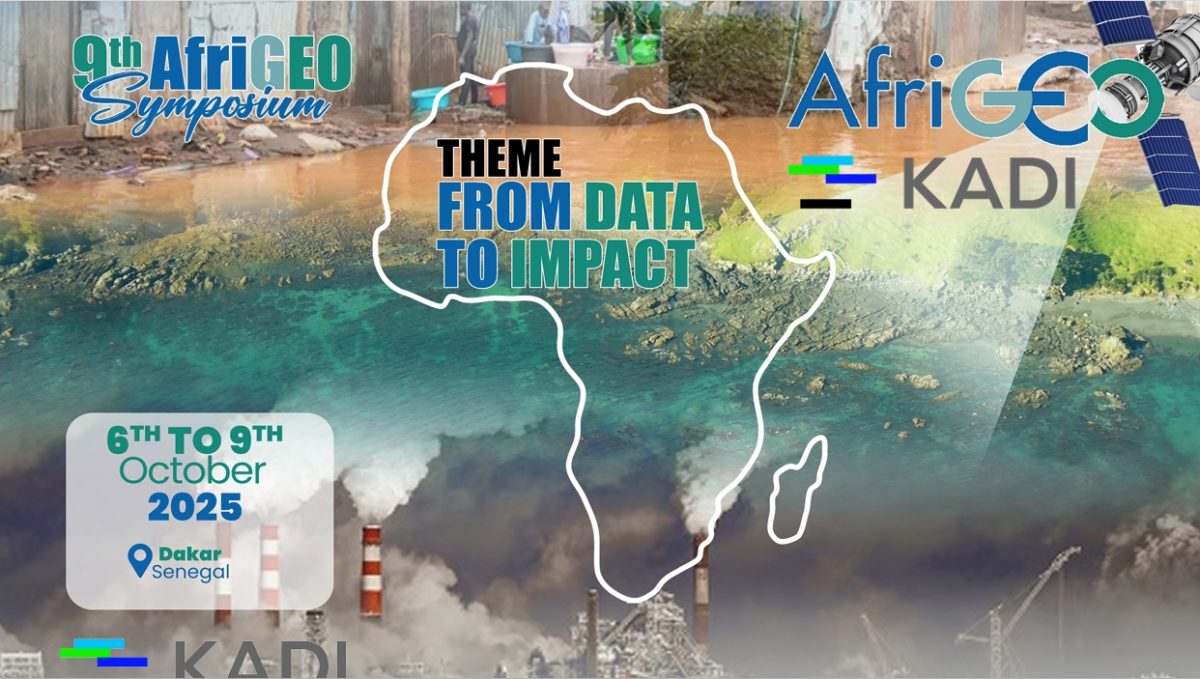
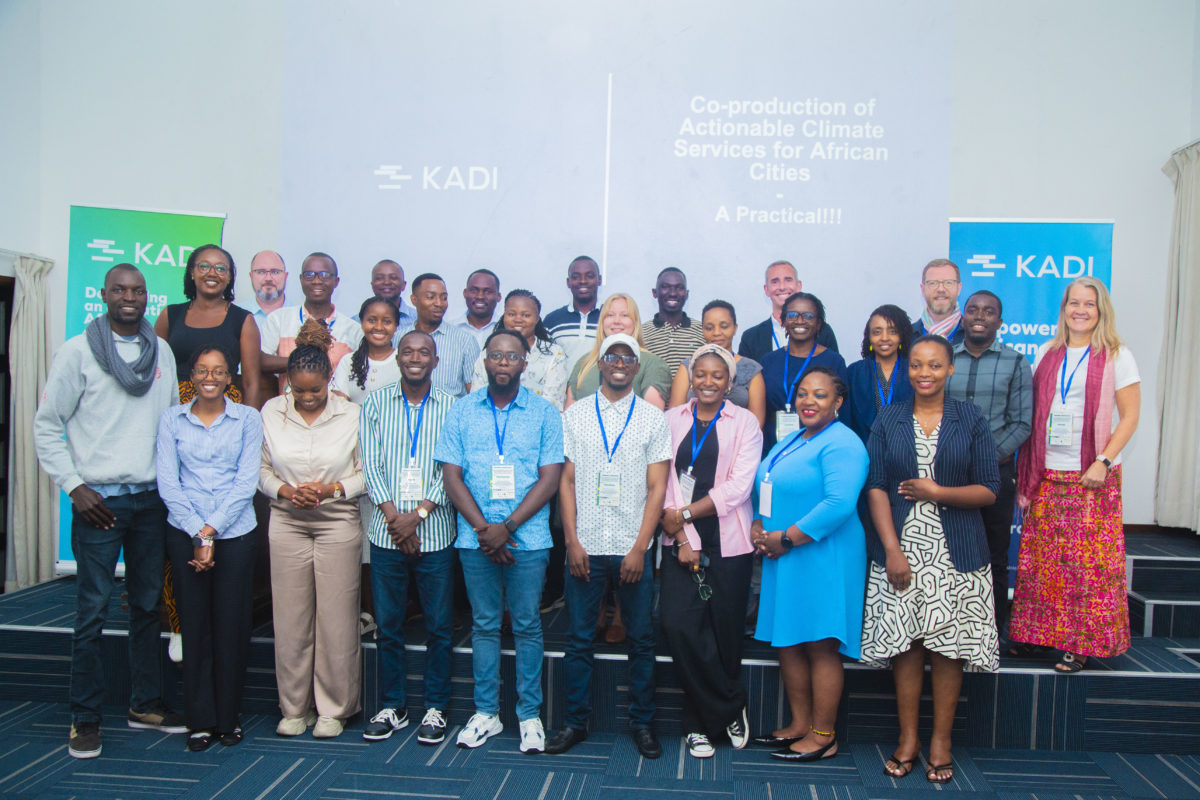
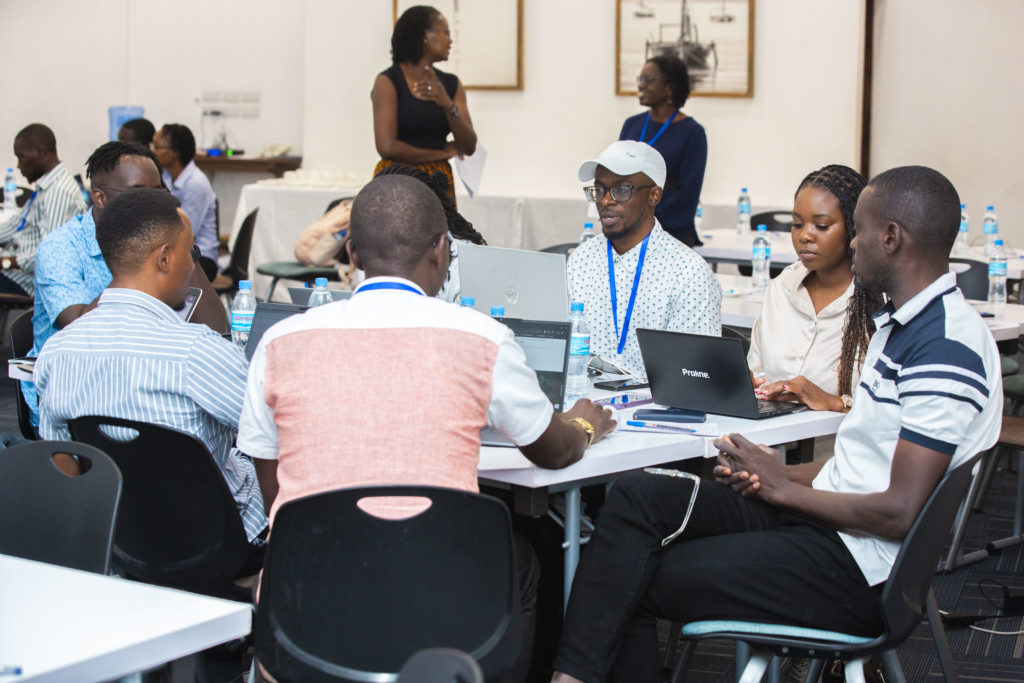

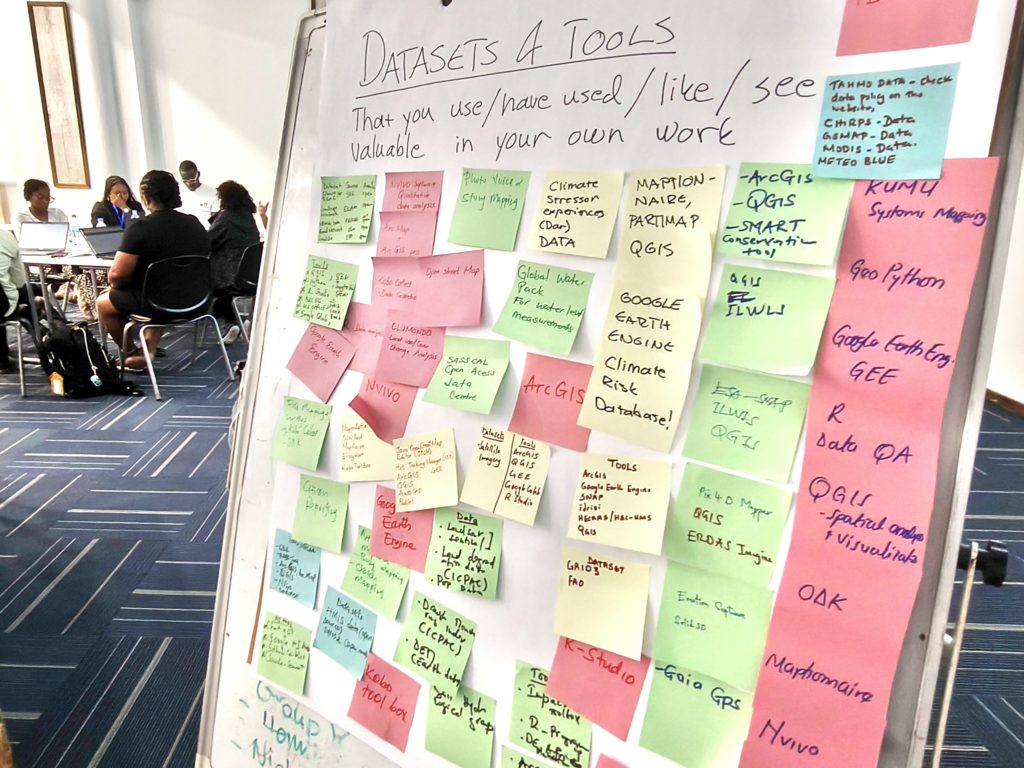
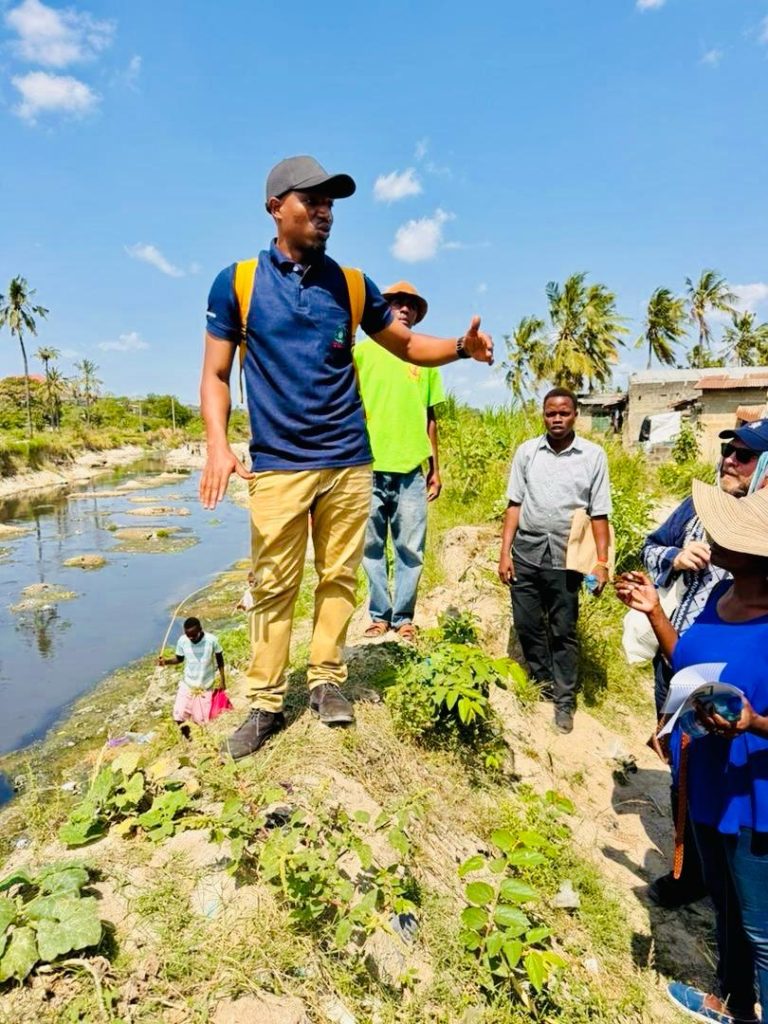
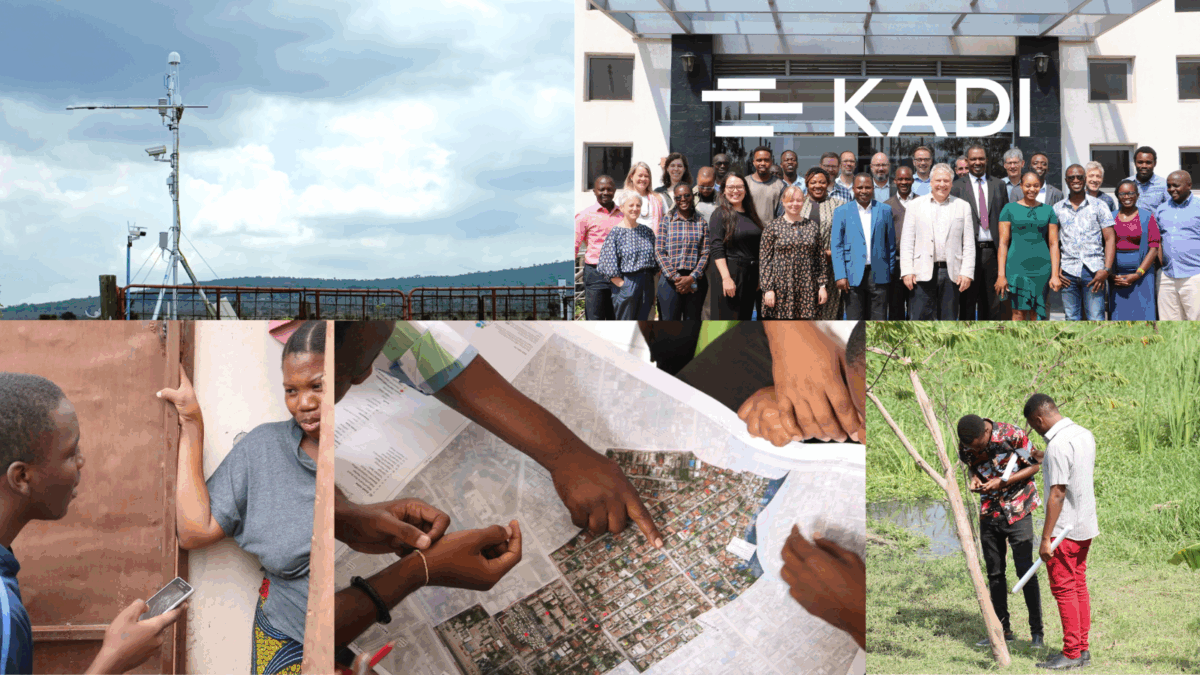
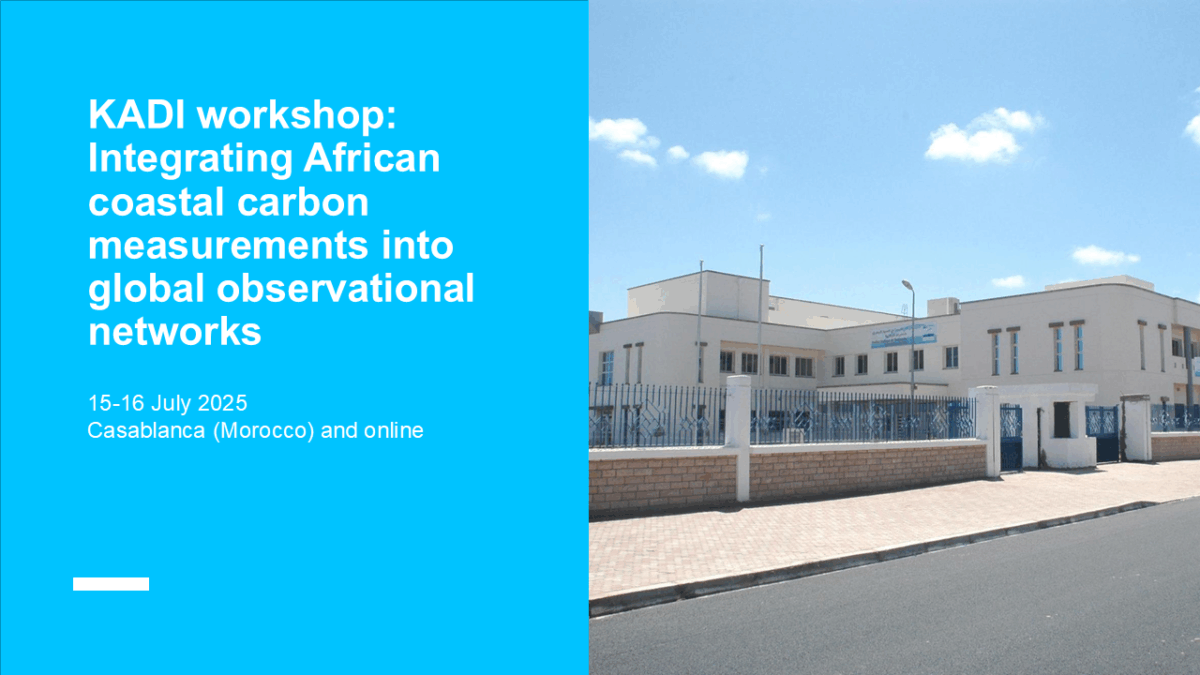
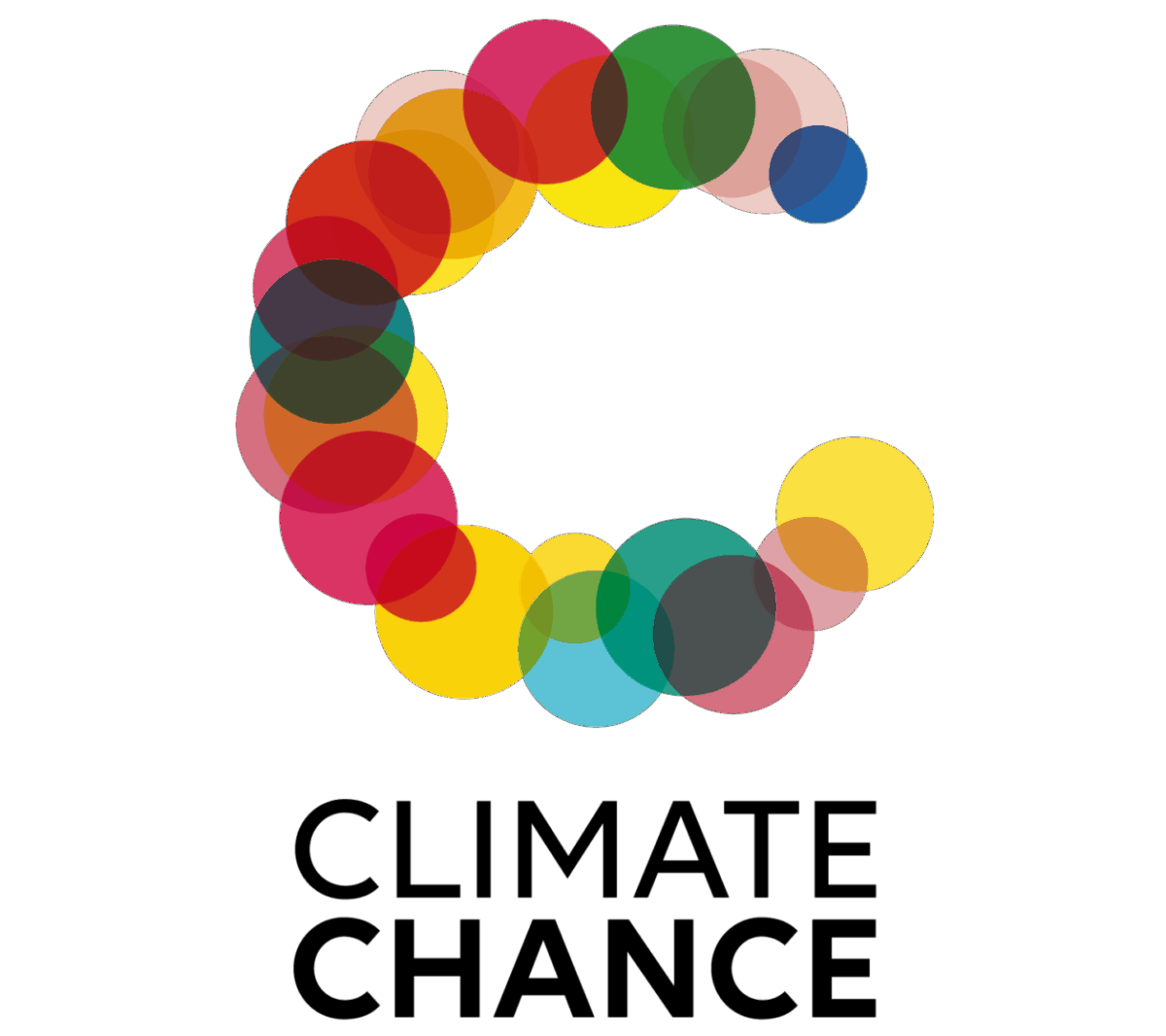
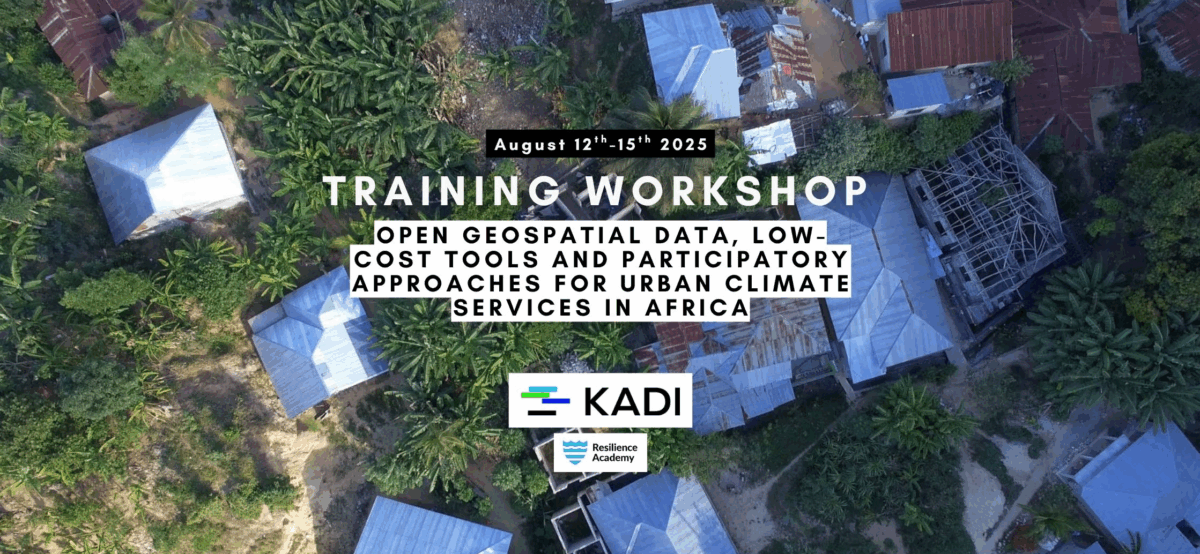
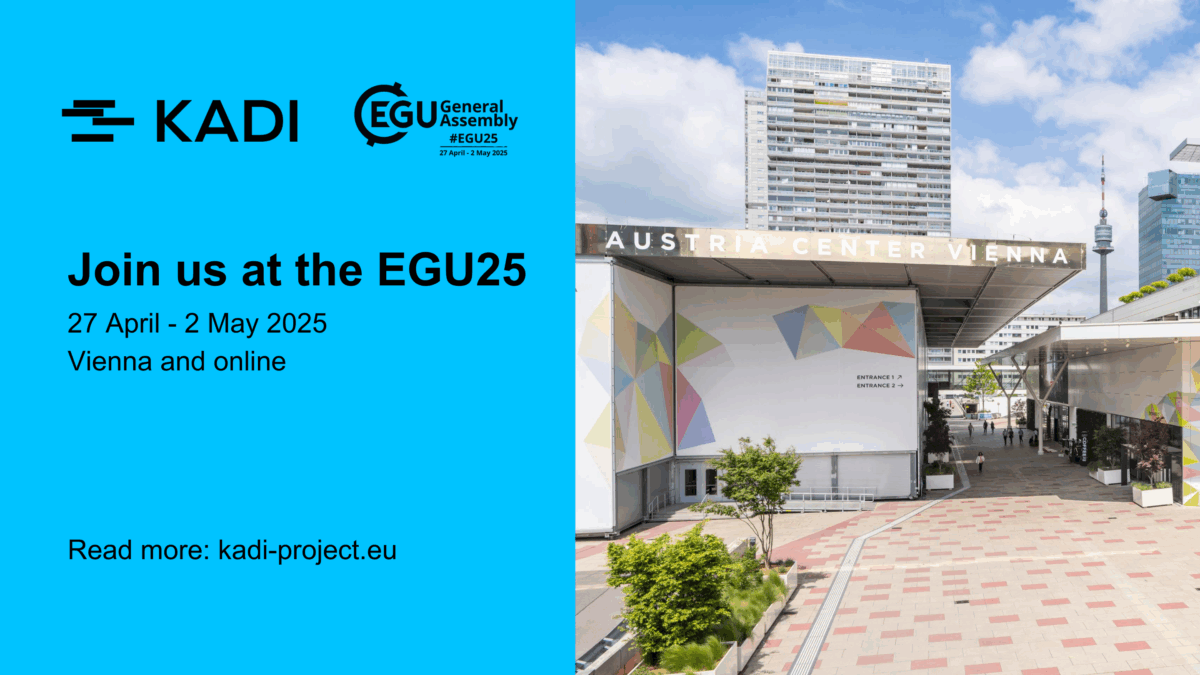
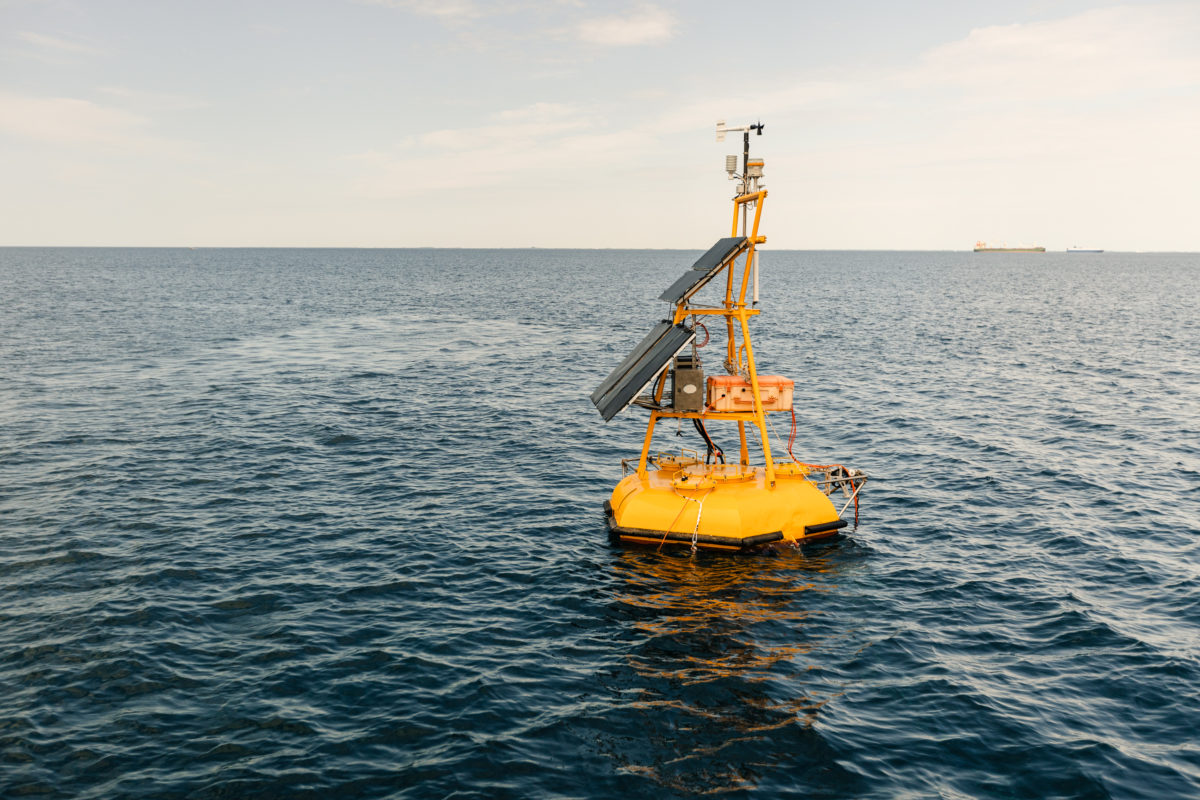
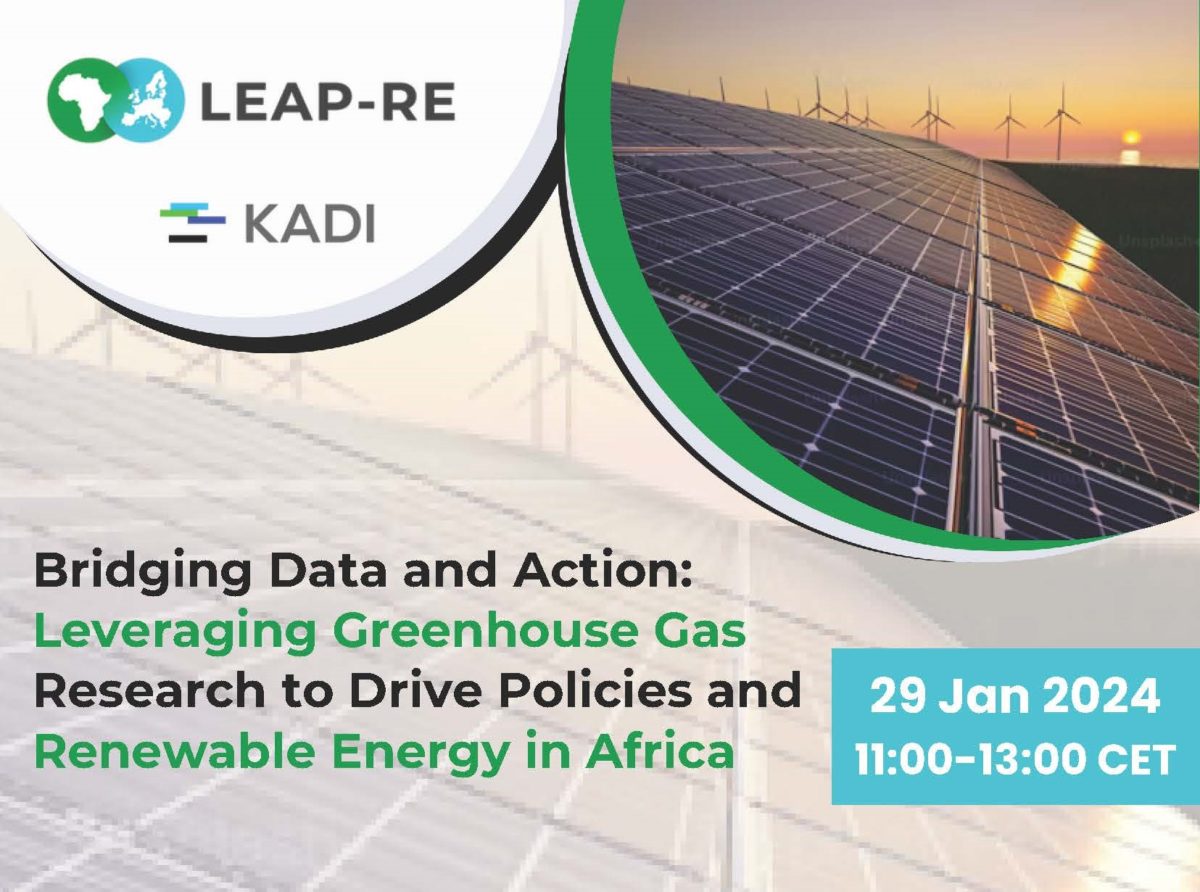
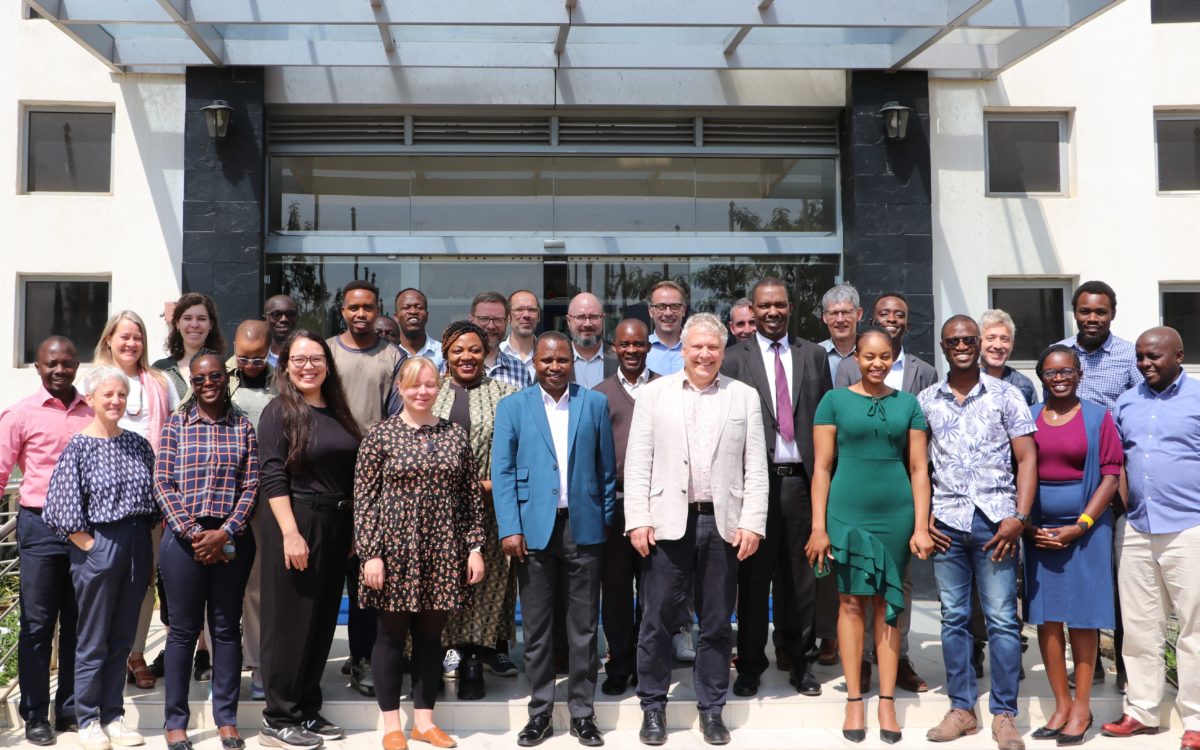
 Urgent need for Research Infrastructures and Climate Services in Africa
Urgent need for Research Infrastructures and Climate Services in Africa